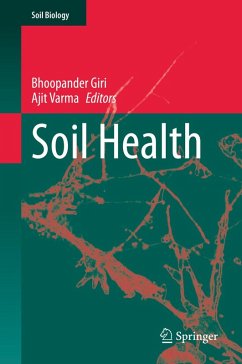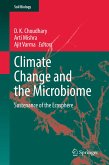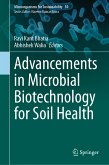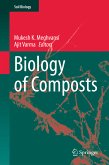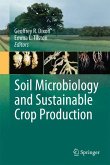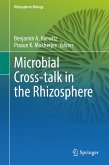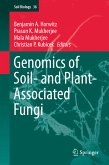It first dicusses the past, present, and future scenarios of soil health, and then explores factors influencing soil health, as well as the consequences of degradation of soil health for sustainable agriculture. Lastly it highlights solutions to improve and maintain soil health so as to achieve greater productivity and sustainability without damaging the soil system or the environment.
Soil health is defined as the capacity of a soil to function within ecosystem frontiers, to sustain biological productivity, to maintain environmental quality and to promote plant, animal and human health. Soil health is established through the interactions of physical, chemical and biological properties, e.g., soil texture, soil structure, and soil organisms. Healthy soil provides adequate levels of macro- and micronutrients to plants and contains sufficient populations of soil microorganisms. As a result of the increasingly intensified agriculture over the past few decades, soils are now showing symptoms of exhaustion and stagnating or declining crop yields. Exploring these developments as well as possible solutions based on holistic and sustainable approaches, this book is a valuable resource for researchers in the area of soil and environmental science, agronomy, agriculture, as well as students in the field of botany, ecology and microbiology.
Dieser Download kann aus rechtlichen Gründen nur mit Rechnungsadresse in A, B, BG, CY, CZ, D, DK, EW, E, FIN, F, GR, HR, H, IRL, I, LT, L, LR, M, NL, PL, P, R, S, SLO, SK ausgeliefert werden.

